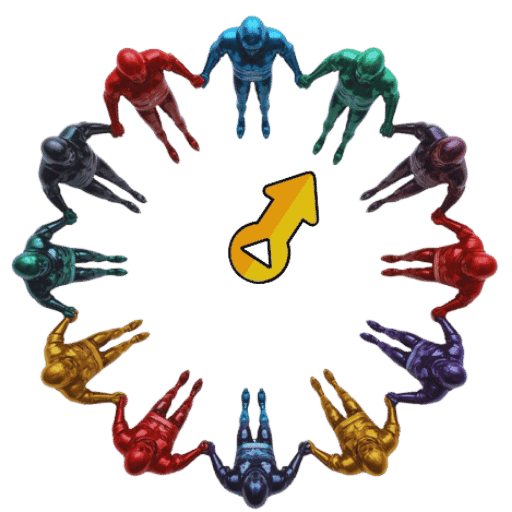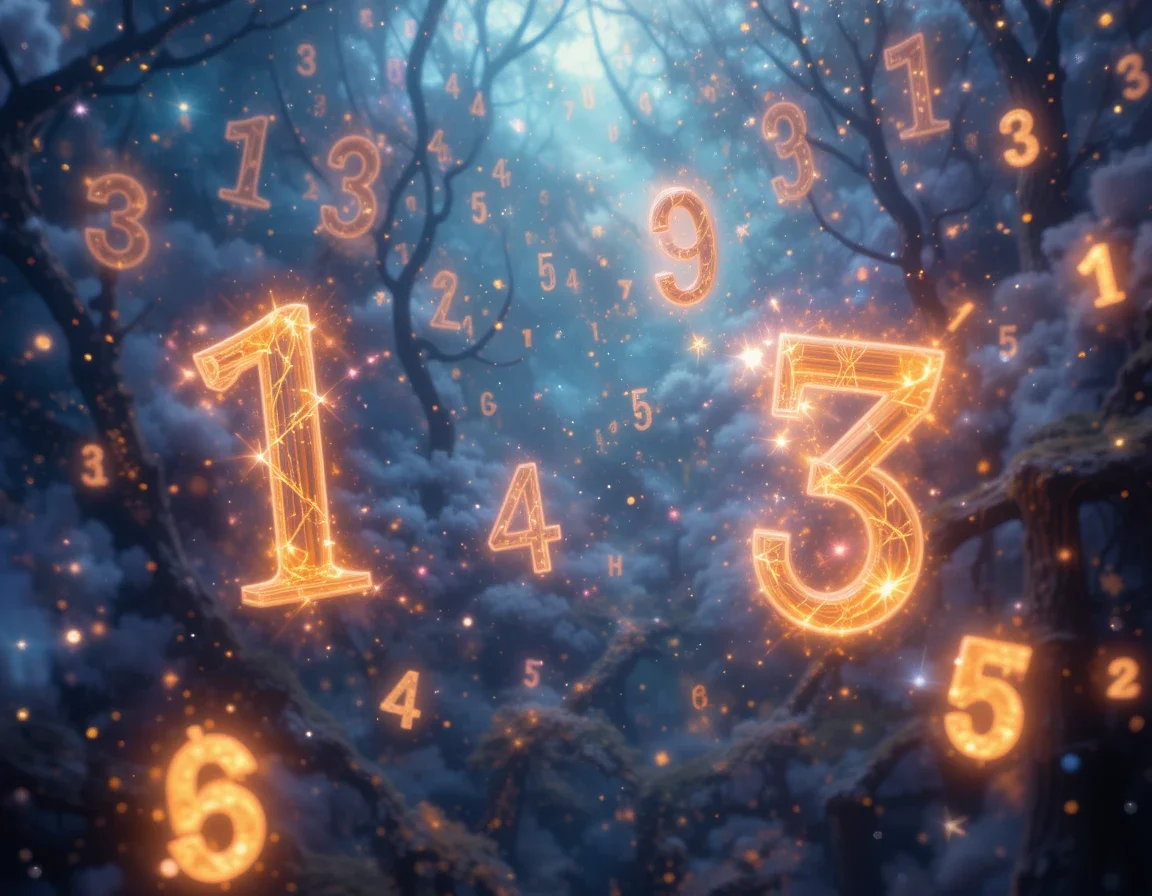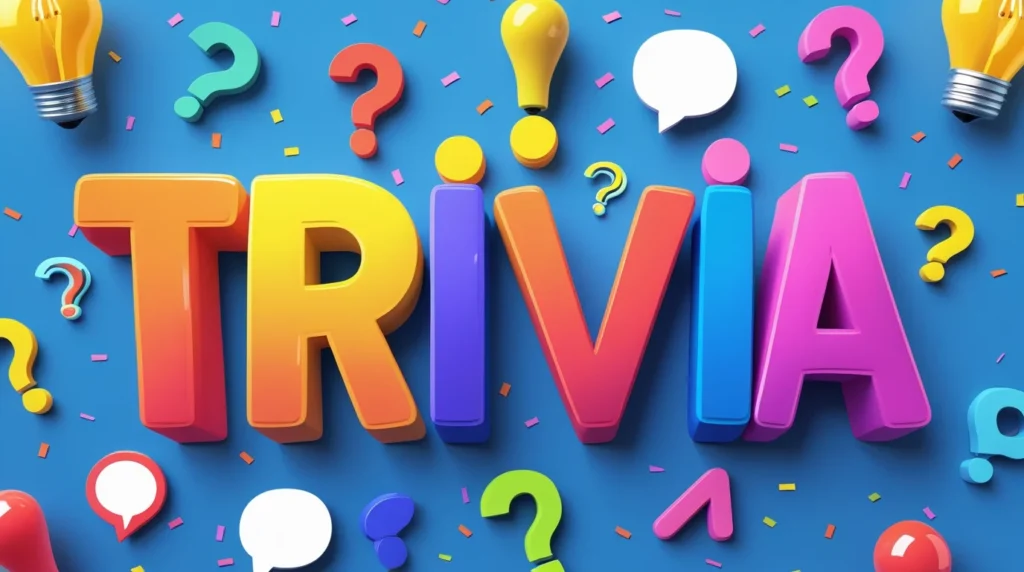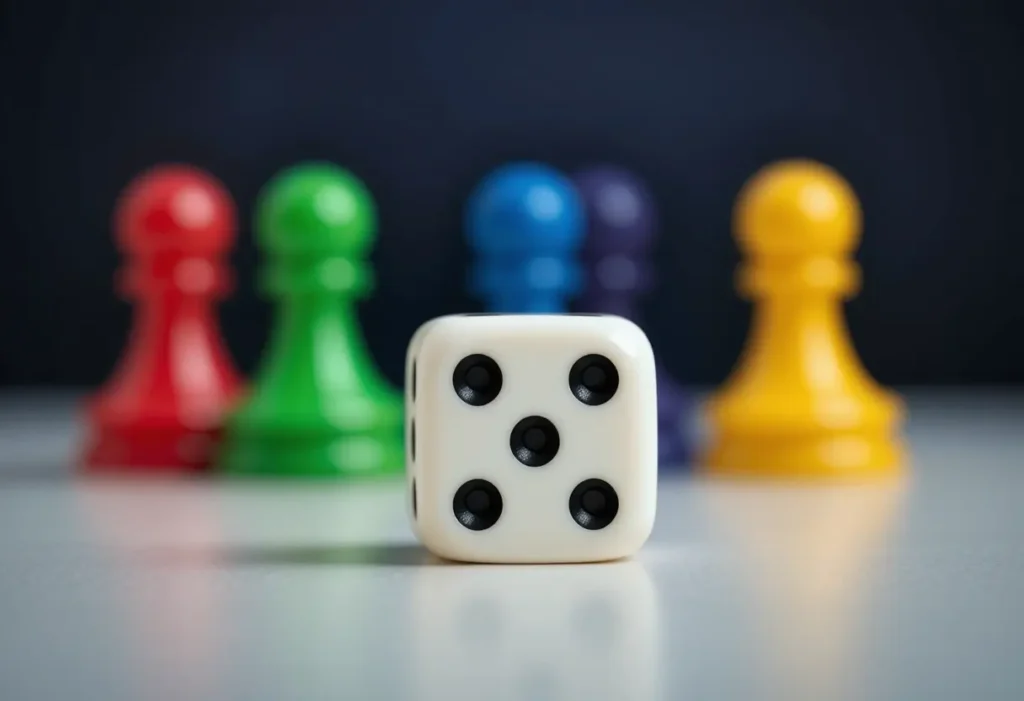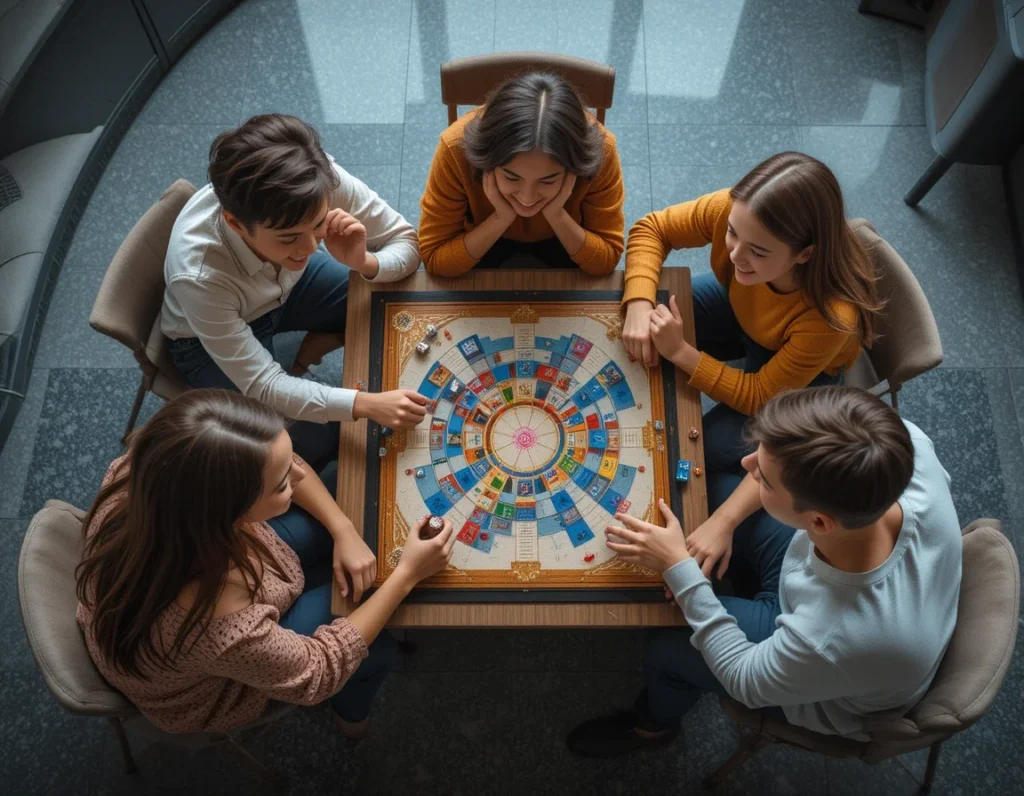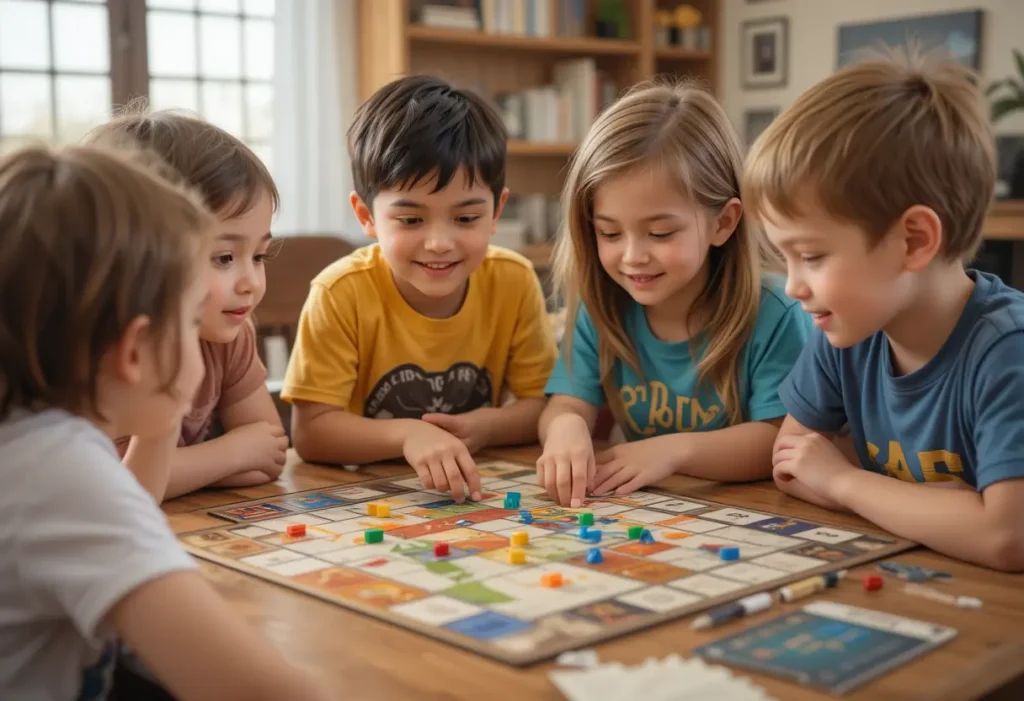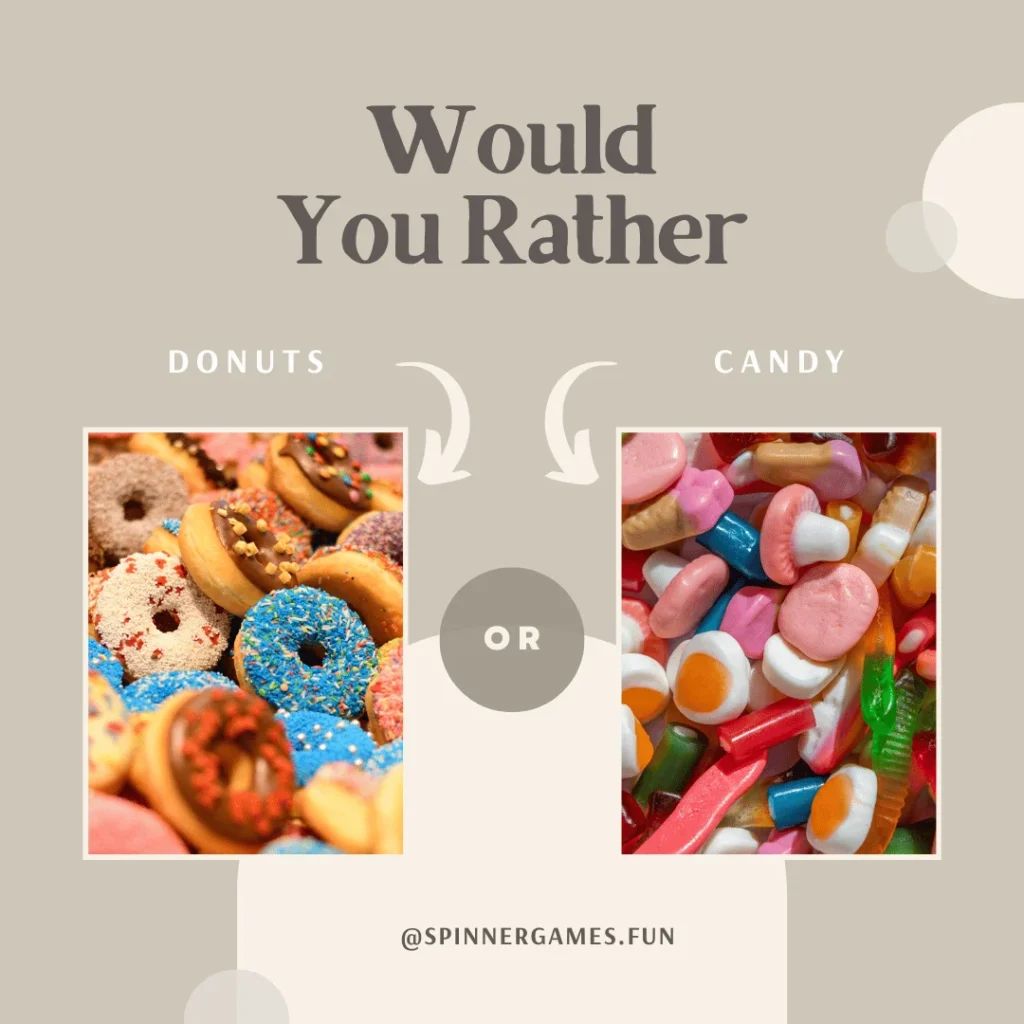Ever sat around with friends, drink in hand, trying to decide what game to play with that bottle spinner? You spin, it lands on a number, and then… blank stares all around. What exactly do you do with numbers 1-36?
Trust me, I’ve been there. The bottle’s pointing at 17 and nobody has a clue what happens next.
Games for bottle spinners, selecting numbers from 1-36, don’t have to be complicated to be fun. In fact, the simplest ones often create the most memorable nights.
I’ve collected the absolute best number-based spinner games that require zero prep but deliver maximum laughs. And the one that always gets the party going fastest? Well, that’s coming up next…
A. The Appeal of Spinner Number Games
Ever watched a group of friends hunched over a Spinner, eyes wide with anticipation as it spins? That’s the magic of spinner games with Numbers. When you add numbers from 1-36 into the mix, the excitement doubles.
People love these games because they’re stupidly simple yet wildly unpredictable. No fancy equipment, no complicated rules—just pure, random fun that keeps everyone engaged. The spinning bottle creates this perfect tension moment where nobody knows who’s getting picked next.
Plus, these games are total lifesavers at parties when conversations start to drag. Nothing breaks awkward silences faster than the clickety-clack of a spinning bottle landing on number 17.
B. Benefits of Using Numbers 1-36 Format
The 1-36 number range is pretty much the sweet spot for bottle spinner games. Here’s why:
- It’s big enough to create tons of game variations but not so huge that it gets confusing
- Perfect for assigning tasks, challenges, or prizes to specific numbers
- Works brilliantly for larger groups where everyone gets multiple numbers
- Creates just the right balance between “I might get picked” and “I might escape this round”
Most standard party games get boring after a few rounds, but with 36 different possibilities, you can keep
things fresh for hours.
C. Essential Materials Needed
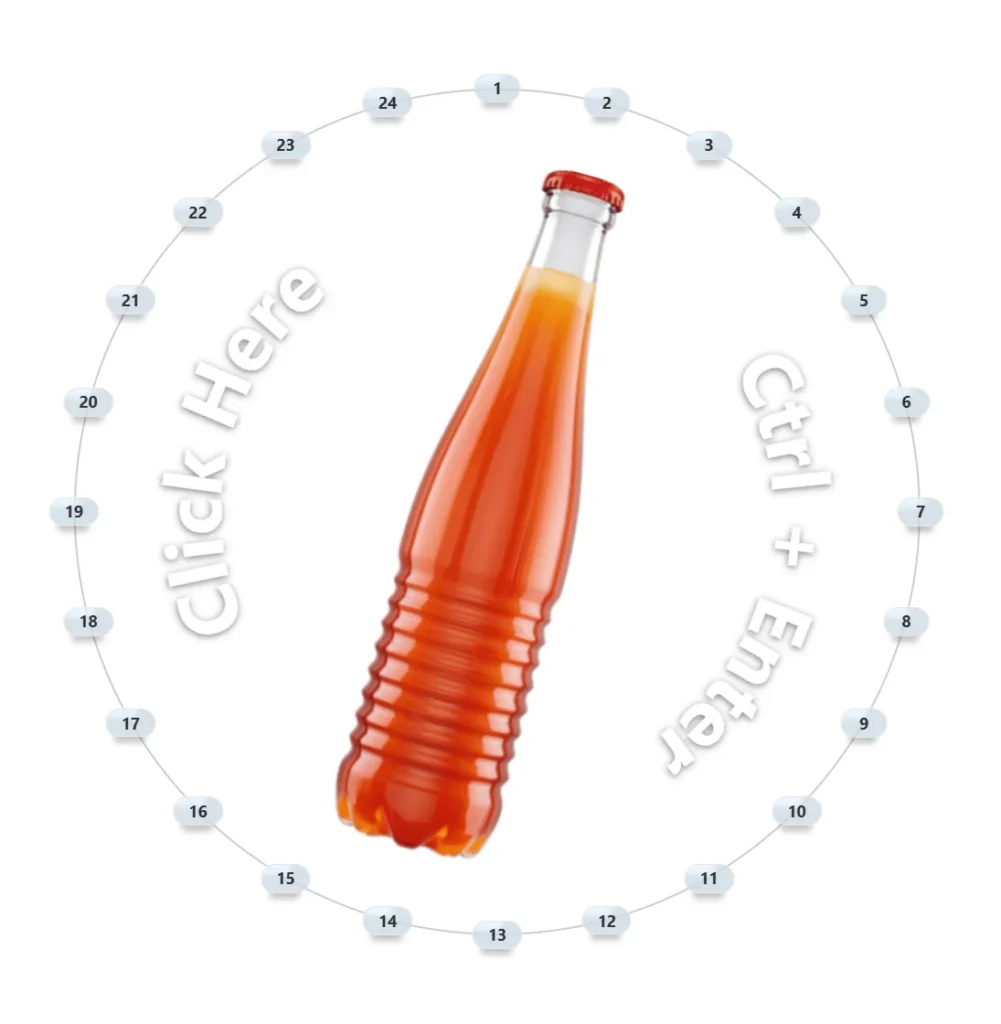
Getting started with these games is ridiculously easy. You’ll need:
- A SpinnerGames.fun -> Numbers (Made it Simple)
- Optional: sticky notes to label numbers with challenges
- Optional: whiteboard/paper to track scores
The beauty is in the simplicity. No batteries, no app downloads—just use spinnergames.fun and you’re set for hours of entertainment.
D. Establishing Basic Rules
Before playing, agree on these basics:
- Who goes first? (Youngest player? Birthday closest to today?)
- Any Rules for Re-spin?
Set a time limit for each game to keep things moving. 15-20 minutes works well for most groups.
Write down any special rules for specific numbers before starting. This prevents arguments later when
someone lands on number 7 and suddenly doesn’t want to do the challenge.
Popular Bottle Spinner Number Games for All Ages
1. “Countdown Challenge” – Race Against Time
Ever tried beating the clock with a spin? This game cranks up the adrenaline as players race against time. Spin the bottle to select a number from 1-36, then complete a task before that many seconds tick away.
For kids, simple challenges work great: name that many animals, count backward from the number, or do jumping jacks. Adults can amp it up with tongue twisters, trivia questions, or even drawing challenges.
The beauty of the Countdown Challenge? It’s instantly customizable for any group. With younger players, use the lower numbers. Playing with competitive friends? Use the higher numbers for brain-bending challenges.
2. “Mathematical Mayhem” – Solve or Forfeit
Math class was never this fun! Spin the bottle to get your first number, then spin again for your second. Players must create an equation using both numbers that equals a specific target.
Example: You spin 7 and 12. The target is 5. Can you figure out 12-7=5? Or maybe 7+(12-7)-7=5?
Too easy? Add a third spin. Or require specific operations like division or multiplication. The player who can’t solve their equation does a silly forfeit chosen by the group.
“Lucky Numbers” – Collect and Win
Think Bingo meets strategy. Each player gets a card with 5 random numbers between 1-36. Take turns spinning the bottle – if your number comes up, mark it off. First to collect all their numbers wins.
The twist? Players can “steal” a marked number from another player by answering a question or completing a dare. This adds a delicious layer of strategy – do you play it safe or go for the steal?
3. “Spinner Bingo” with Numbers 1-36
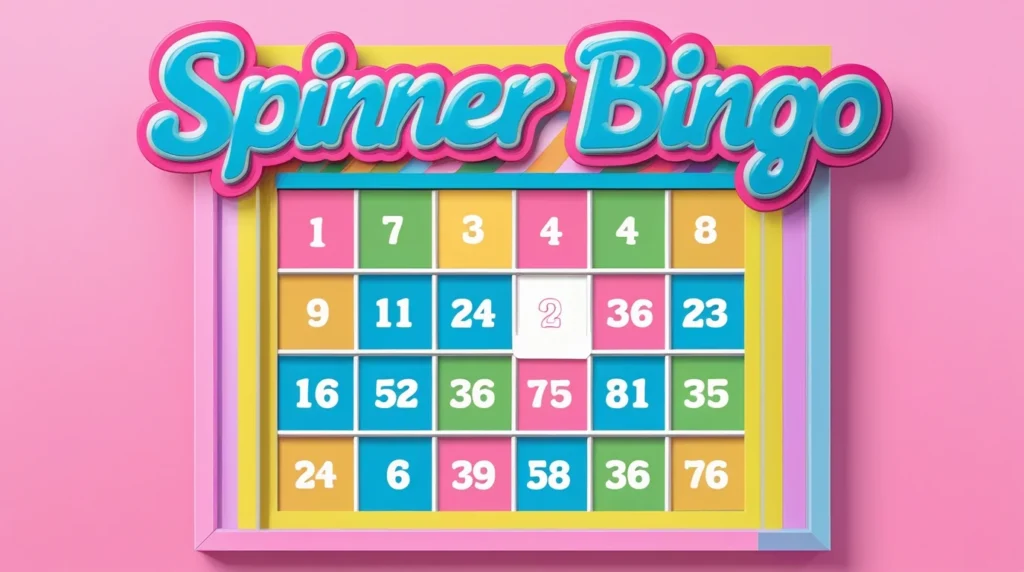
Traditional bingo gets a bottle-spinning makeover! Create bingo cards with numbers 1-36 randomly placed in a grid. Instead of calling numbers randomly, players take turns spinning the bottle.
The genius part? Since you’re limited to numbers 1-36, games move quickly and everyone stays engaged. Plus, you’ll inevitably get repeat spins, creating those nail-biting “just need number 17!” moments that make bingo so addictive.
Add prizes for different patterns – X shapes, four corners, or full card blackouts to keep the excitement going for multiple rounds
“Action Numbers” – Physical Challenges
This game gets everyone moving! Assign physical challenges to number ranges:
- 1-6: Jumping jacks
- 7-12: Dance moves
- 13-18: Yoga poses
- 19-24: Silly walks
- 25-30: Skipping Ropes
- 31-36: Spin Again
Rules you can imagine !!
Spin the bottle and the number determines which action and how many repetitions. Spin a 4? That’s 4 jumping jacks. Spin 20? Get ready for 20 silly walk steps!
Perfect for family game nights when kids need to burn energy or adult parties when things get too sedentary. You can tailor the challenges to your group’s abilities and interests.
Use your imagination, you can have a different number set, say a set of 4 with a different set of rules, possibilities are unlimited.
Educational Benefits of Number-Based Spinner Games
Math Skill Development
Number spinner games aren’t just fun—they’re secret math workouts for kids and adults alike. When players spin for numbers between 1-36, they’re constantly adding, subtracting, multiplying, and dividing on the fly.
Picture this: a kid spins and gets 7, then 15. Now they need to figure out the difference, or maybe add them together. Without even realizing it, they’re practicing mental math while having a blast.
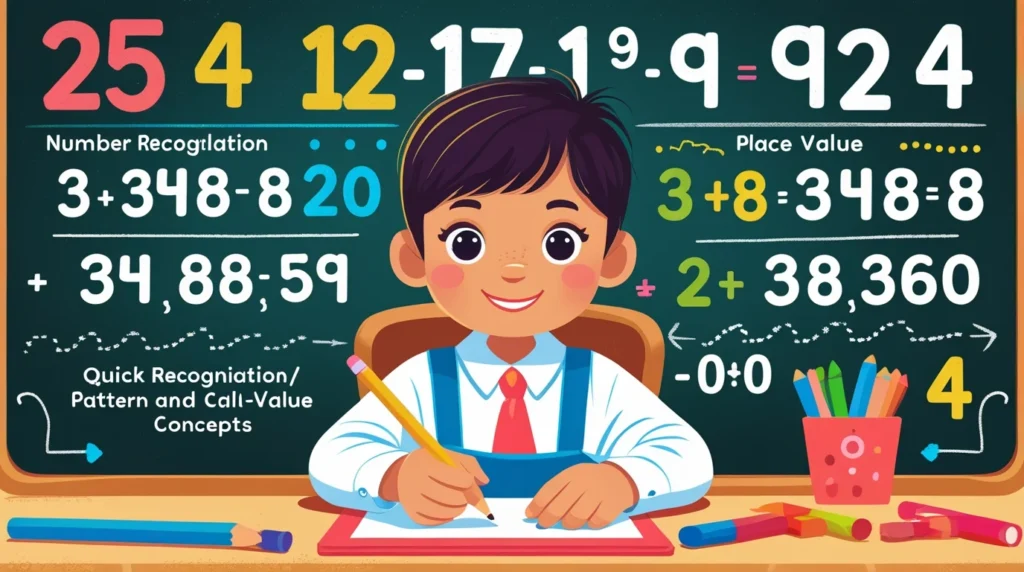
These games are particularly awesome for teaching:
- Number recognition (significant for younger players)
- Quick calculation skills
- Pattern recognition
- Place value concepts
The beauty? The difficulty scales naturally. Beginners can stick to simple addition while advanced players tackle more complex operations using multiple spins.
Strategic Thinking Enhancement
Spinner games force you to think ahead—always a good skill to have! Players quickly learn to:
- Assess risk vs. reward
- Plan multiple moves in advance
- Adapt strategies when spins don’t go their way
Take a game where you’re trying to reach exactly 50 points. Do you aim for high numbers early, or play it safe with smaller spins? These decisions build critical thinking muscles in a way that feels nothing like homework.
Probability Learning Opportunities

Ever notice how certain numbers seem to come up more often? That’s probability in action!
Spinner games provide real-world examples of chance and likelihood. Players naturally start wondering:
- “What are my odds of landing on an even number?”
- “Is it more likely I’ll get a number above or below 12?”
- “What’s the probability of spinning consecutive prime numbers?”
Players develop an intuitive understanding of probability concepts through repeated play. They begin recognizing patterns and making predictions based on previous outcomes—skills that transfer directly to statistics, science, and everyday decision-making.
